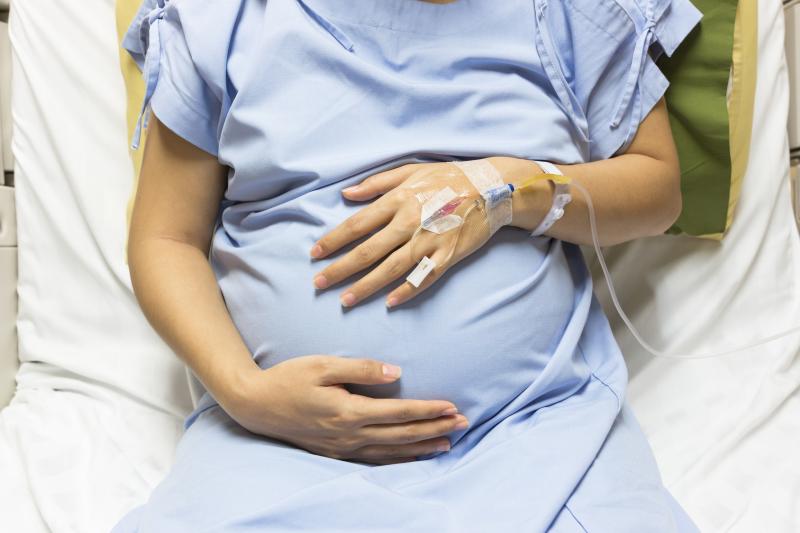COVID-19 may induce urgent delivery in pregnant women




 It was speculated that the family’s wish for a second child in a short period of time might be the reason why they allegedly refused permission for a C-section delivery.
It was speculated that the family’s wish for a second child in a short period of time might be the reason why they allegedly refused permission for a C-section delivery.The coronavirus disease 2019 (COVID-19) may prompt urgent delivery due to respiratory complications in pregnant women, according to a recent study.
“The present study shows the clinical maternal evolution of SARS-CoV-2 infection among 77 hospitalized pregnant patients in Northern Italy,” researchers said. “In our cohort, the main factors associated with maternal severe outcomes were increased pregestational body mass index [BMI], higher heart and respiratory rates, and presence of fever and dyspnoea on admission.”
Of the 77 pregnant mothers included, 14 had severe disease and needed urgent delivery due to the deterioration of their respiratory status. Admission to intensive or subintensive care was also a criterion for severe disease. [Obstet Gynecol 2020;doi:10.1097/AOG.0000000000003979]
Sixty-seven participants had received antepartum diagnoses of COVID-19, 11 of whom entered delivery due to respiratory problems. Nine of these underwent caesarean delivery.
The patient with the most severe disease was admitted at 37 weeks of gestation for fever and dyspnoea. She showed rapid deterioration of respiratory function and needed emergency caesarean delivery. Her conditions continued to worsen postpartum, warranting intensive care and venovenous extracorporeal membrane oxygenation for 14 days. No deaths were reported.
Significant risk factors for severe disease included higher pregestational BMI, admission respiratory and heart rates, and fevers and dyspnoea.
For the other women, 10 (13 percent) were symptomatic and diagnosed with COVID-19 within 3 days after delivery. On the other hand, 12 participants were asymptomatic and were instead admitted due to obstetric reasons. They were tested for COVID-19 due to suspected contact with a confirmed case.
In the antepartum period, treatments included empiric antibiotics (43 percent), antiviral therapies with lopinavir-ritonavir, remdesivir, or darunavir (38 percent), and hydroxychloroquine (30 percent). All patients with severe disease were given combination treatments.
At discharge, 20 were still pregnant, and nine neonates entered intensive care. Four newborns were diagnosed with SARS-CoV-2 in the early postpartum period, though none were born to mothers with severe disease. There were no documented respiratory symptoms in any of the newborns.
“There is no currently validated treatment to control SARS-CoV-2 infection, especially in pregnancy. This explains the nonuniform therapeutic management noted in our series,” the researchers said. Treatment prescription was based in part on the severity and clinical evolution of the disease.
“In summary, we observed severe outcomes in a significant proportion of hospitalized pregnant and postpartum women with COVID-19 infection,” they added, enumerating important risk factors that need to be taken note of, including fever and dyspnoea upon admission. “Prematurity was the most prevalent adverse perinatal outcome.”
Several limitations need to be considered, including the multicentre design, which may account for the heterogeneity in data and admission criteria. There was also the issue of incomplete and limited patient data, as well as attrition throughout follow-up.